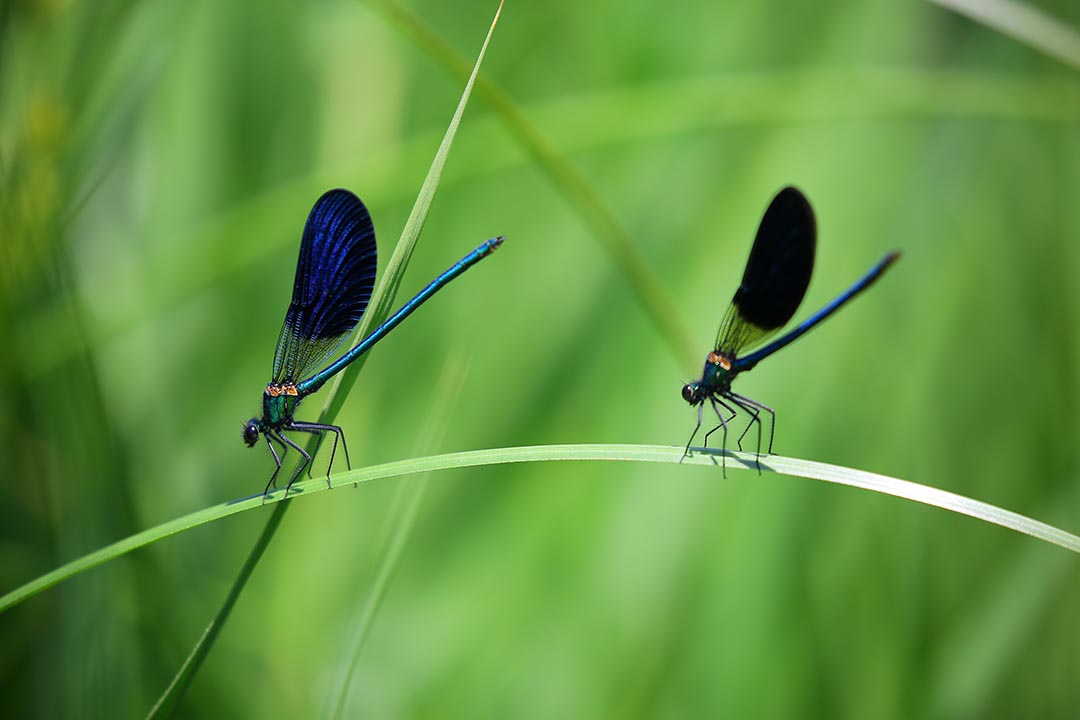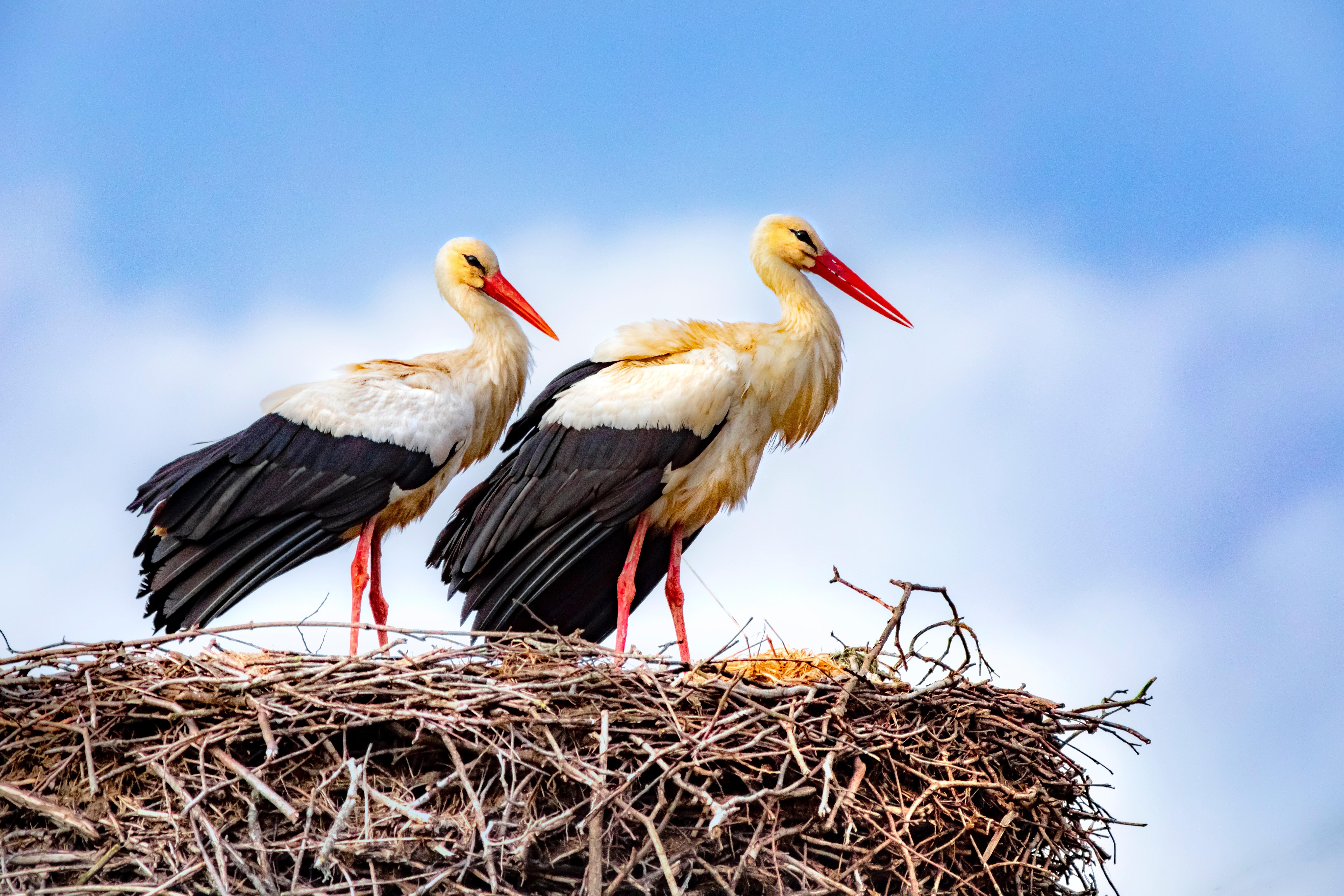
- Details
- By aniprocs
- Wildlife and Ecosystems
- Hits: 544
Insects are the foundation of many ecosystems. Insects are the foundation of many ecosystems, serving as pollinators, decomposers, and prey for other species. However, light pollution is having a significant impact on insect populations. Bright lights attract insects, causing them to waste energy and expend vital resources. Additionally, artificial light disrupts the mating and migration patterns of insects, leading to decreased populations. To protect insects and the ecosystems they support, communities can reduce light pollution by turning off lights when not in use, using yellow or amber lights instead of white lights, and installing lights that emit a lower intensity of light.

- Details
- By aniprocs
- Wildlife and Ecosystems
- Hits: 214
Light pollution disrupts bird migration patterns, causing birds to veer off course and even collide with brightly lit buildings. Birds rely on the stars and moon to navigate during migration, but bright city lights can confuse them, leading them away from their intended destinations. This not only endangers individual birds, but also has broader ecological impacts, such as altering migration patterns and reducing the number of birds reaching their breeding grounds. To mitigate these effects, cities can adopt "bird-friendly" lighting practices, such as reducing the brightness of lights and directing them downwards, away from the sky.




